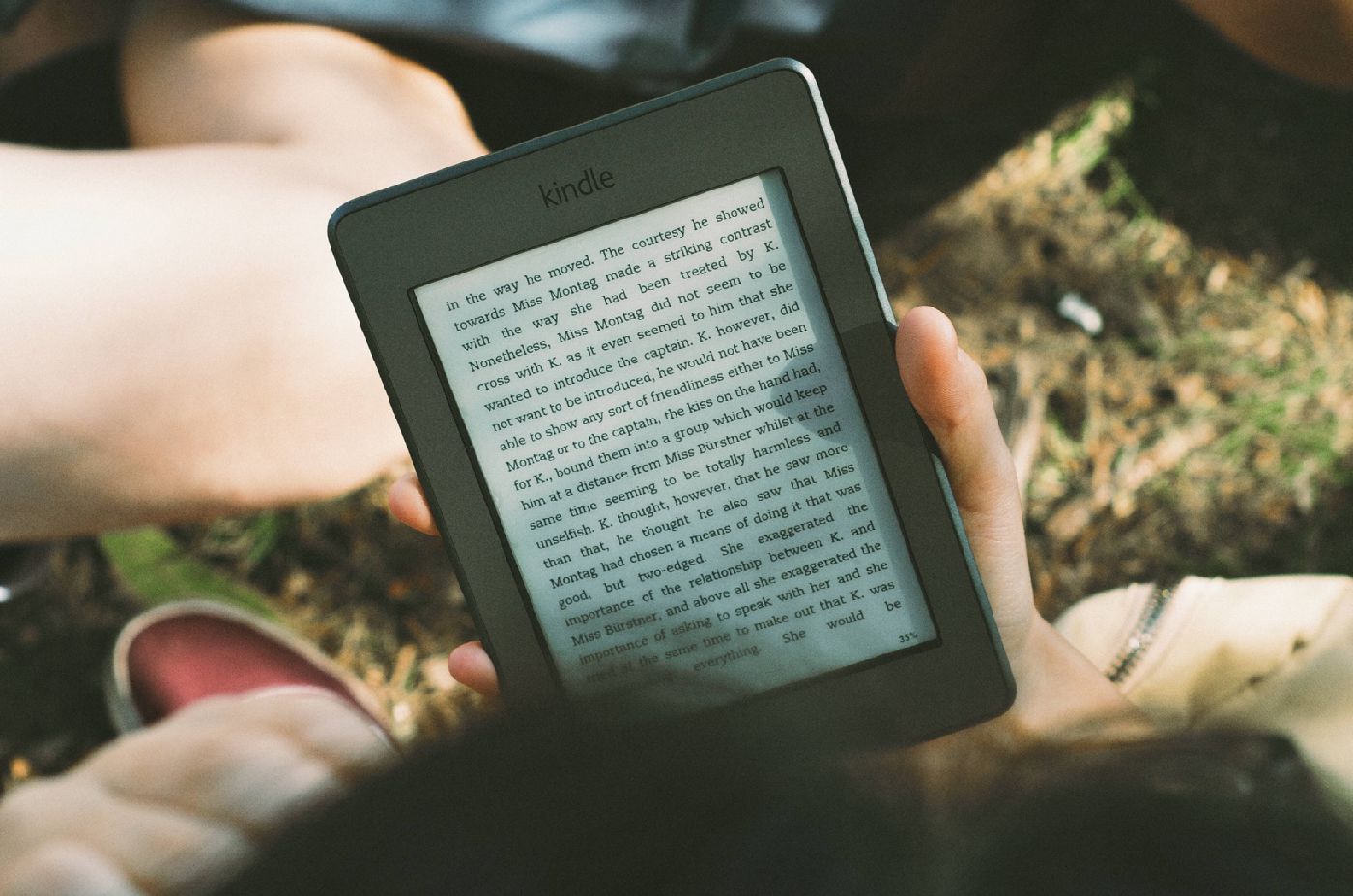
Of all the tips authors offer to new writers, the one that is most often repeated is, “If you want to learn to write, you must write. But more importantly, you must read.” I agree, but let me point out there are many ways of reading. As writers, we shouldn’t simply do the surface reading most readers do – at least not all the time. We should go a little further and try to unravel the literary techniques behind the story. But how are we supposed to do this?
There’s neither a single answer, nor a single approach. You need to find the system that best suits your working method, but creating a reading log can be a very good practice. To do this, you can use a paper notebook or a digital application like Evernote. You can also create your own index cards and save them in a folder. If it’s any help, on the blog www.literautas.com, you can download a pdf with printable documents we’ve prepared for reading novels and books of short stories.

Tips to Keep Track of What You Read
Regardless of how you want your reading log to look, here are some general tips that might help you get the most out of everything you read.
1. Always have a pen handy (or a tablet you can write on). They are indispensable when it comes to taking notes on the story you are reading.
2. Read and re-read. If you want to enjoy books as avid readers do, you must allow yourself to get emotionally involved in the story, forget about technical issues, aim for a more relaxed first reading, and once you’re done with that, re-read the book and try to figure out what makes the story work (or not).
3. Write down everything that catches your attention. This means any sentence, description, dialogue, metaphor, etc. – anything you like or anything that stands out to you. Even if you don’t really know why it’s important, jot it down and then go back later to analyze it.
4. Expand your research. After you have completed the first reading, why not research a little more about the author and the context of his or her novel or book of stories? Some publishers include a broad introduction that provides new insight into the book you have read.
5. Create quick notes. There’s no need to take your reading log everywhere. If you like reading at the beach or while underground on subway, carrying your book and reading log along with you can be a hassle. In addition, interrupting your reading to scribble down a sentence or a thought is also very annoying.
Try taking a pen and a bunch of post-its with you so you can leave your notes in the book. Once you’re done reading, write the clean version of your notes with corresponding critical reflection in your reading log. You can do the same thing if you’re reading a digital book that allows you to highlight sentences or add notes directly on the screen. This method also has the advantage because once you finish the book, you’ll have to go through the notes you’ve been taking. You’ll probably notice that you read them from a new perspective once you’ve read the whole story.
SHARE THIS PAGE!